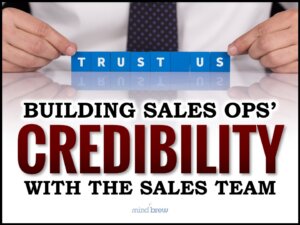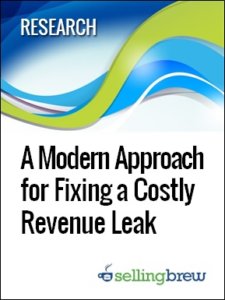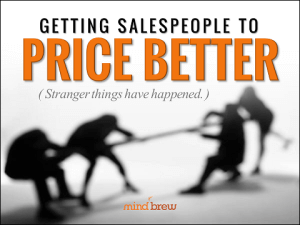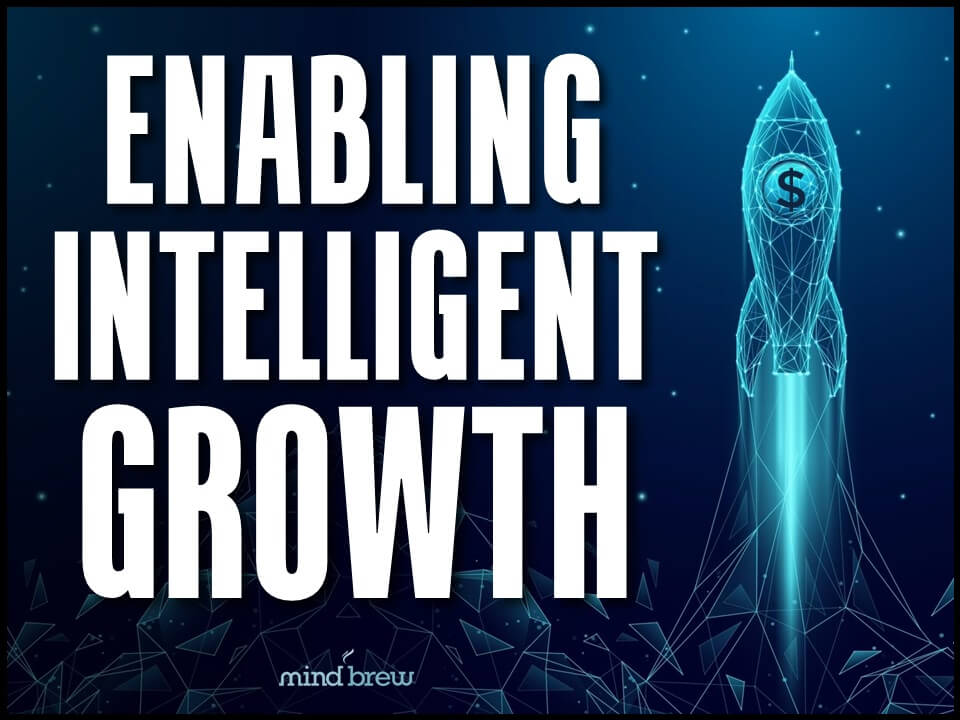As those of us who work here at SellingBrew get older, we become more and more convinced that poor communication is the source of a lot of unnecessary heartache in both personal and professional life.
A recent trip to get a haircut made this startlingly clear. One of the stylists on duty was a young woman who had recently gotten married to a former college athlete. She told a story about how over the past several months, her husband had been going out to play soccer with some friends. He would always ask if she minded that he was going, and sometimes he asked if she would like to come along. She always had something else to do, but she told him to “go and have fun.”
Then one night, she went along to soccer.
The first surprise was that they weren’t just playing in a park—it was more like a small stadium. People had actually purchased tickets, and when her husband arrived, a giggly group of women asked him to sign team merch. Confused, the hairstylist asked some of the other players’ wives more questions about what was going on.
Turns out that while she thought her husband was playing in a “beer league,” he was actually a semi-pro soccer player. She had stumbled into the championship game (which they won!), and her husband was being actively scouted by an MLS team.
This lack of adequate communication didn’t seem to have too many negative effects for these newlyweds. They are still enough in love to overlook these sorts of misunderstandings.
But in many companies, a lack of communication between the sales and sales ops teams can have much more disastrous consequences. In the same way that the hairstylist and her husband had very different ideas about what “playing soccer with some friends” meant, sales and sales ops can have very different perceptions about what is happening in the organization. Here are three root causes we see a lot:
- Different Priorities: Sales teams are often laser-focused on meeting short-term targets. They’ve got sales quotas and revenue goals they need to meet today. On the other hand, sales ops teams typically concentrate on long-term strategies, process optimizations, and overall efficiency improvements. This difference in priorities can lead to misunderstandings and conflicting objectives. If you don’t talk about these different priorities openly, each group starts to think the other is doing things that are completely unhelpful, and conflict can arise.
- Perception of Roles: Sales often views sales ops as an administrative support function rather than as a strategic partner. It doesn’t take long for sales ops to feel disrespected and start harboring some ill will. Over time, these misunderstandings can fester and lead to a workplace that starts to feel downright hostile.
- Lack of Understanding: Sales ops may not fully grasp the day-to-day challenges faced by sales reps. And at the same time, sales may not understand how the quantitative analysis sales ops does can help them become better at their jobs. By concentrating only on their own roles, they miss opportunities to complement one another and achieve greater results.
A (relatively) quick way to improve communication
The webinar on Building Sales Ops’ Credibility with Sales offers a proven strategy that other B2B teams have used to start to bridge these communication gaps.
It begins by positioning yourself as an ally of the sales team.
Every B2B sales team we’ve ever encountered has at least one thing about the current system that they like to complain about. Maybe it’s something about the way that customers are divided up or the way commissions are calculated. Maybe products aren’t positioned or priced effectively. Maybe they have to enter the same information into twelve different places to generate a quote. The specifics are going to be different from company to company, but the point is that there will invariably be something systematic that is a huge headache for sales.
Your job is to find out what that headache is, determine the root cause, and address it.
This approach has two big benefits. First, you’ll be eliminating a hurdle that stops your sales team from being as efficient and/or as effective as they could be.
Second, you’ll be positioning your team as someone sales can rely on. Once they view you as part of the same team, you’ll have more opportunities to communicate, which leads to more process improvements, and it begins a virtuous cycle with increasingly beneficial effects.
And along the way, you might also enjoy getting to know the members of your sales team. You never know, you might even discover that one of them is secretly a semi-pro athlete.












